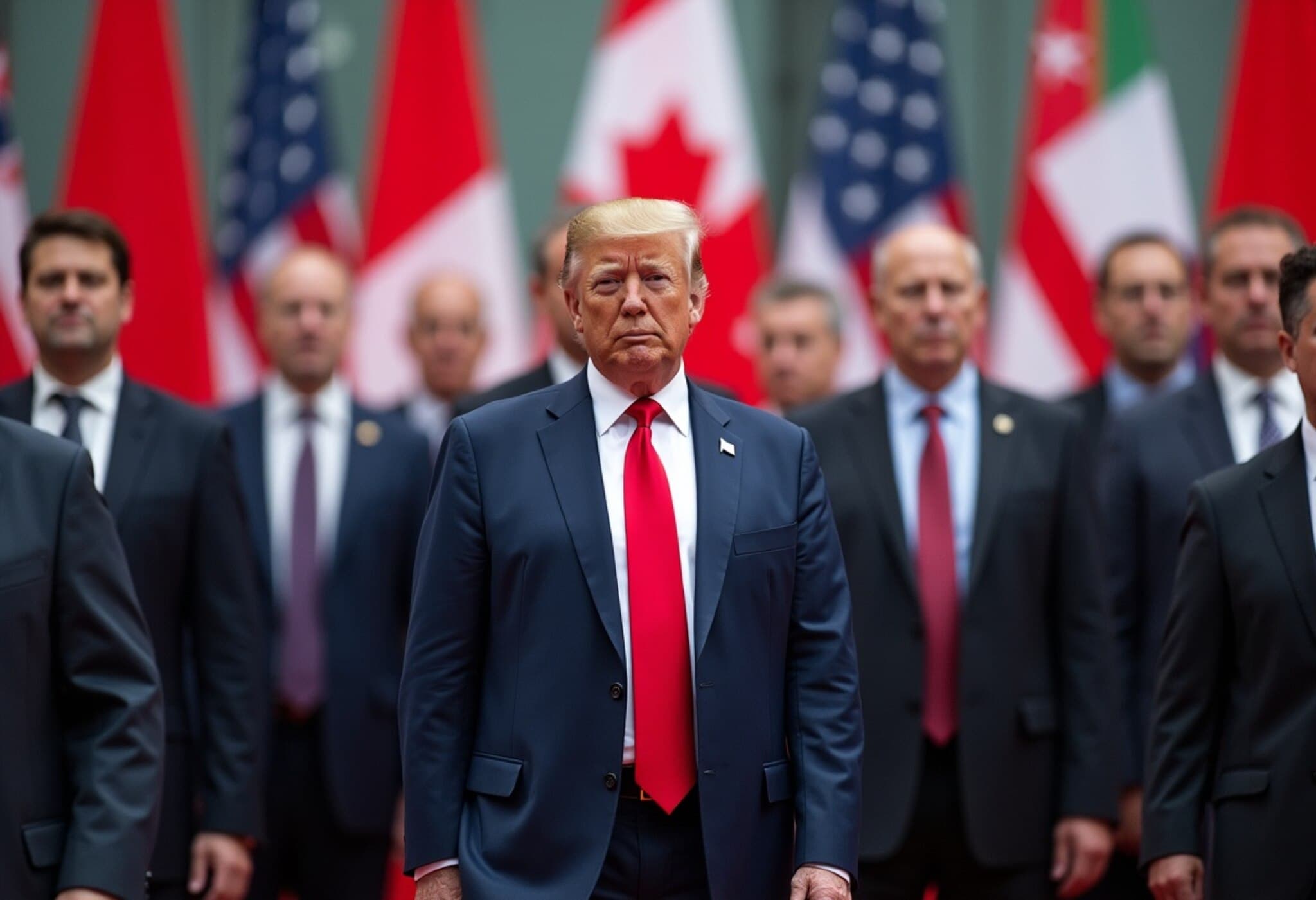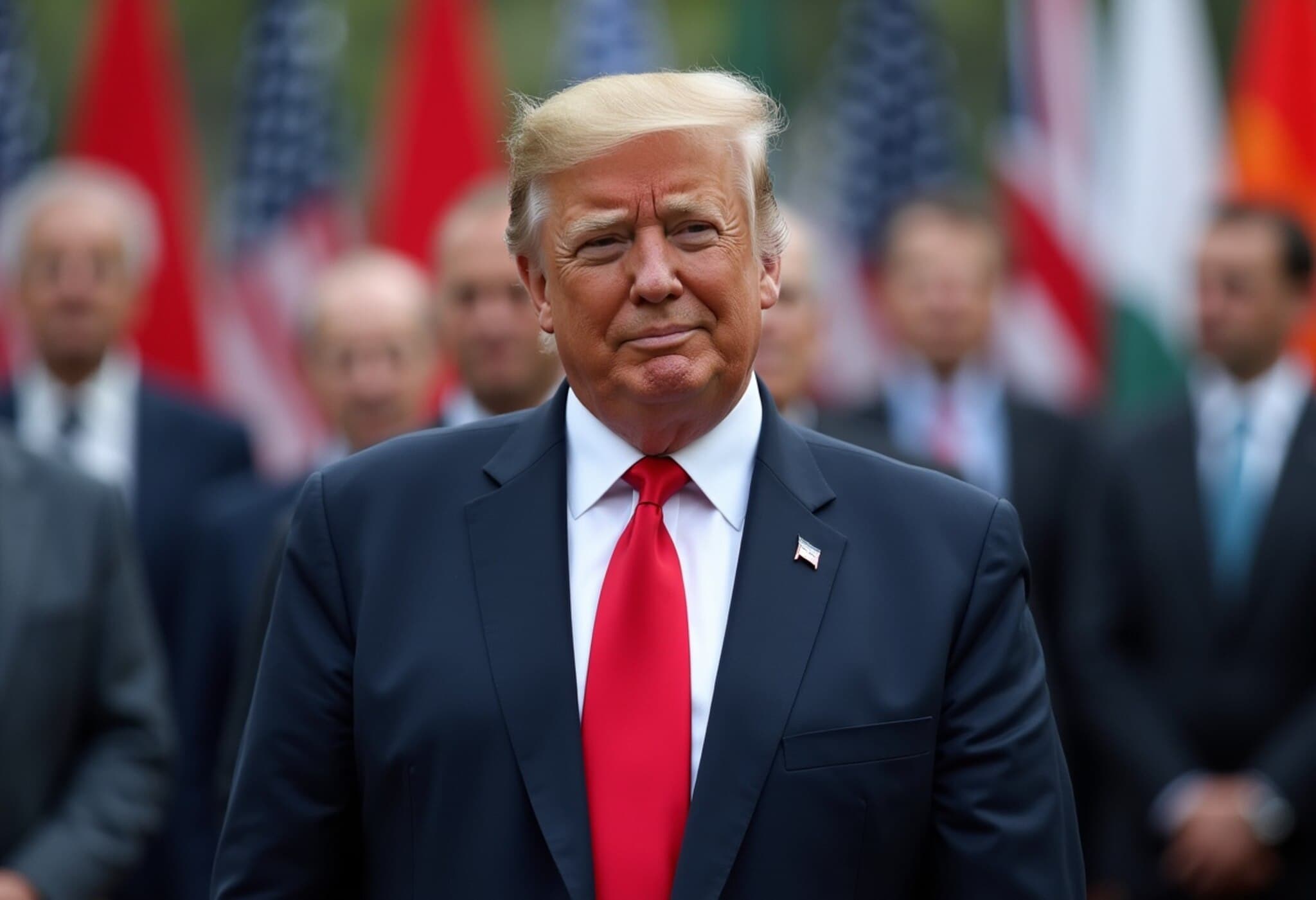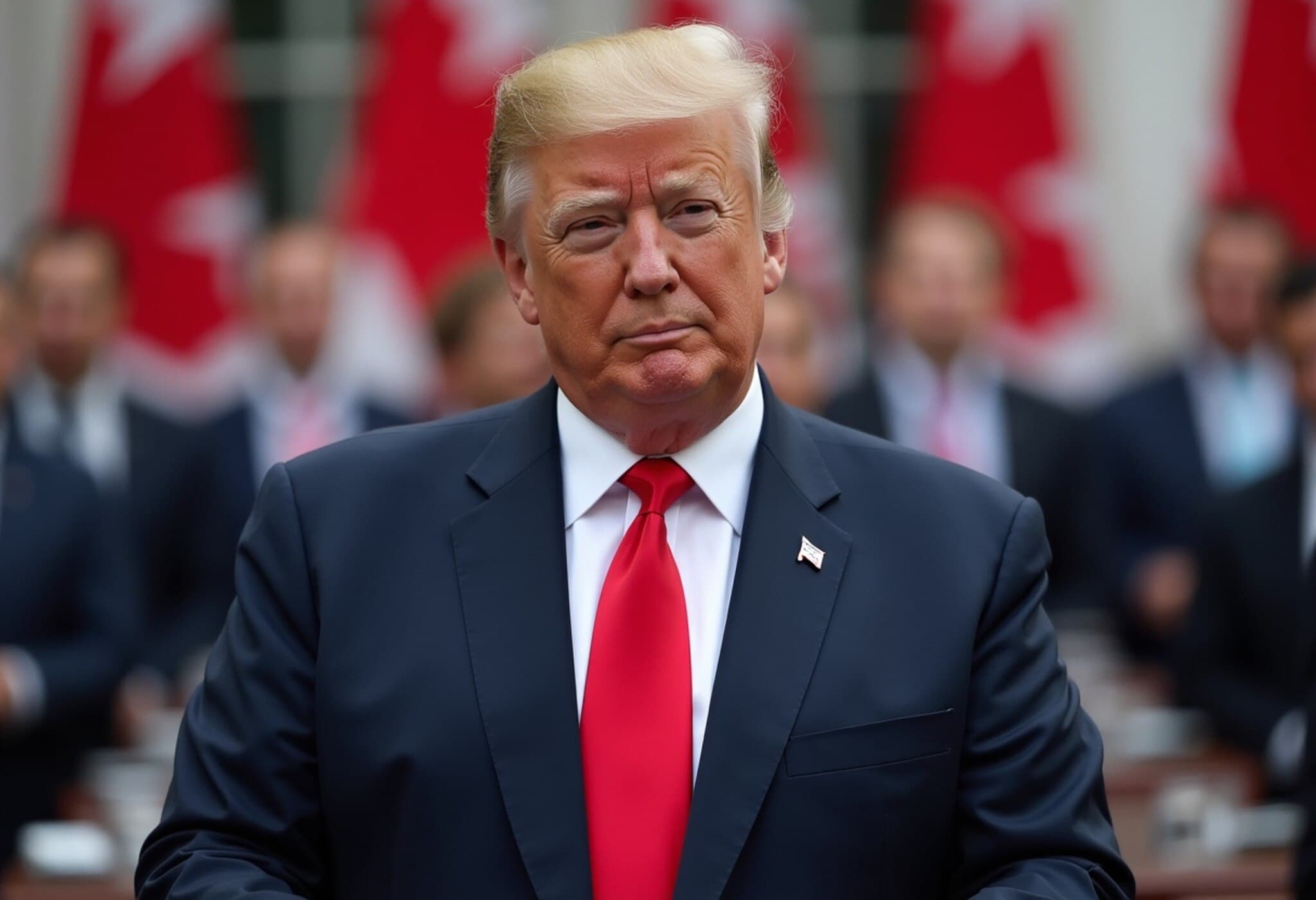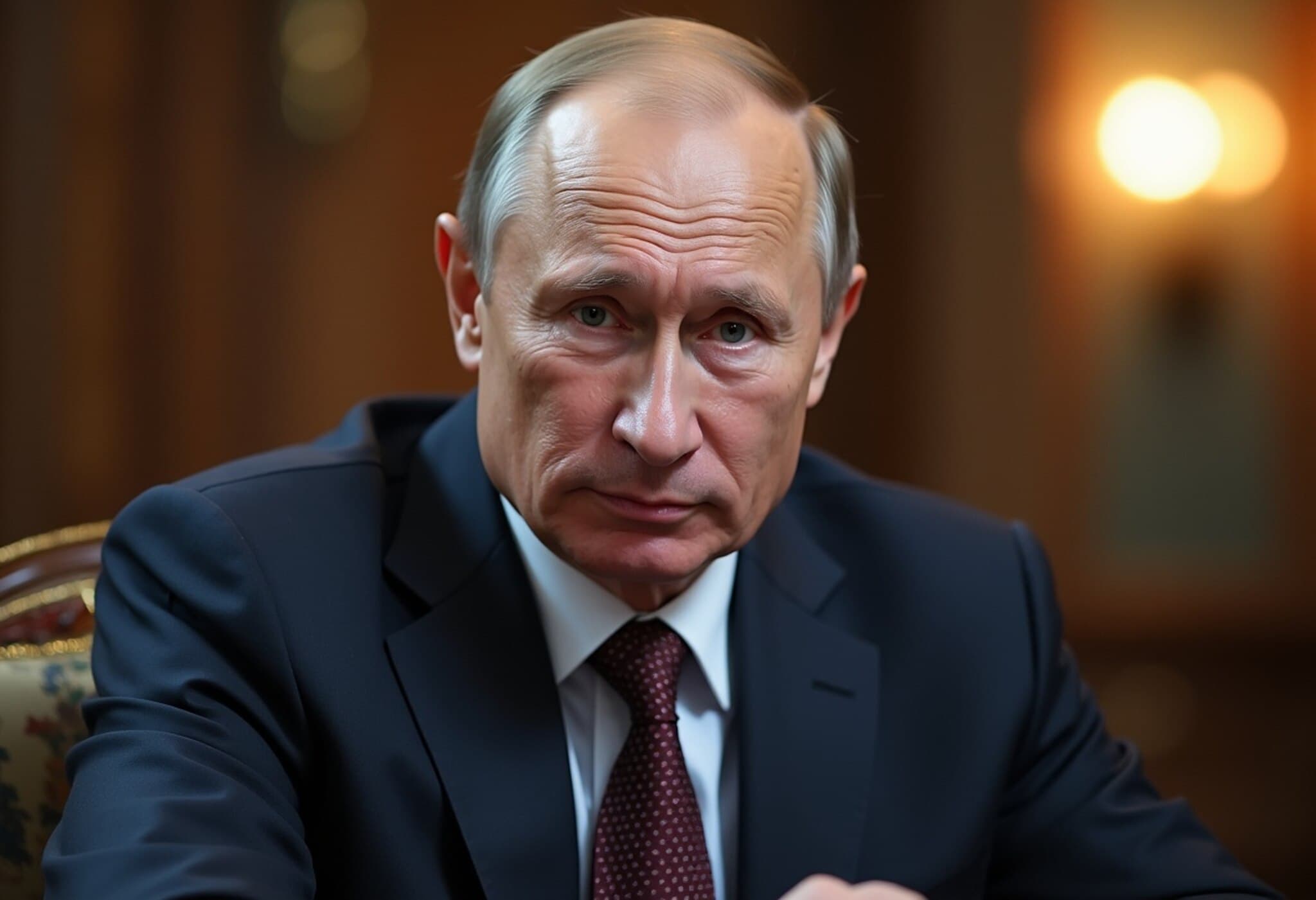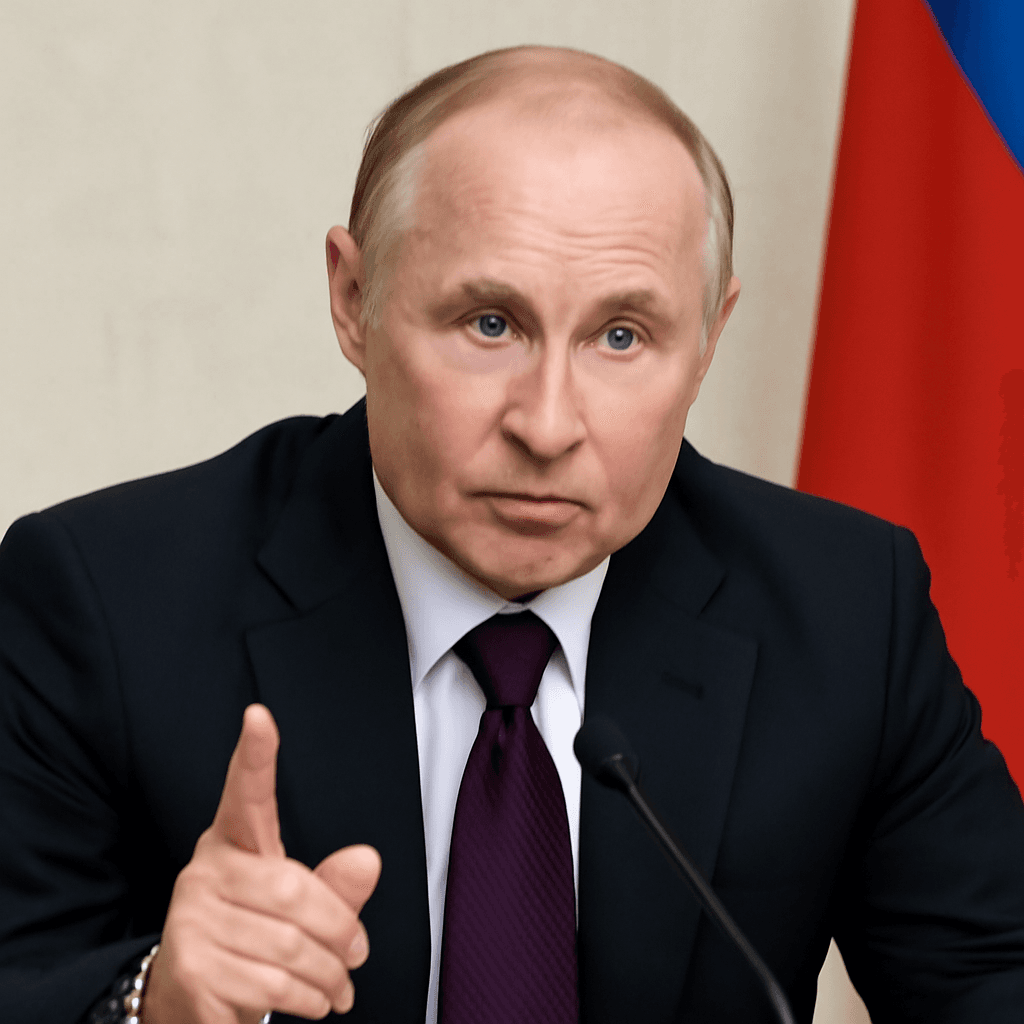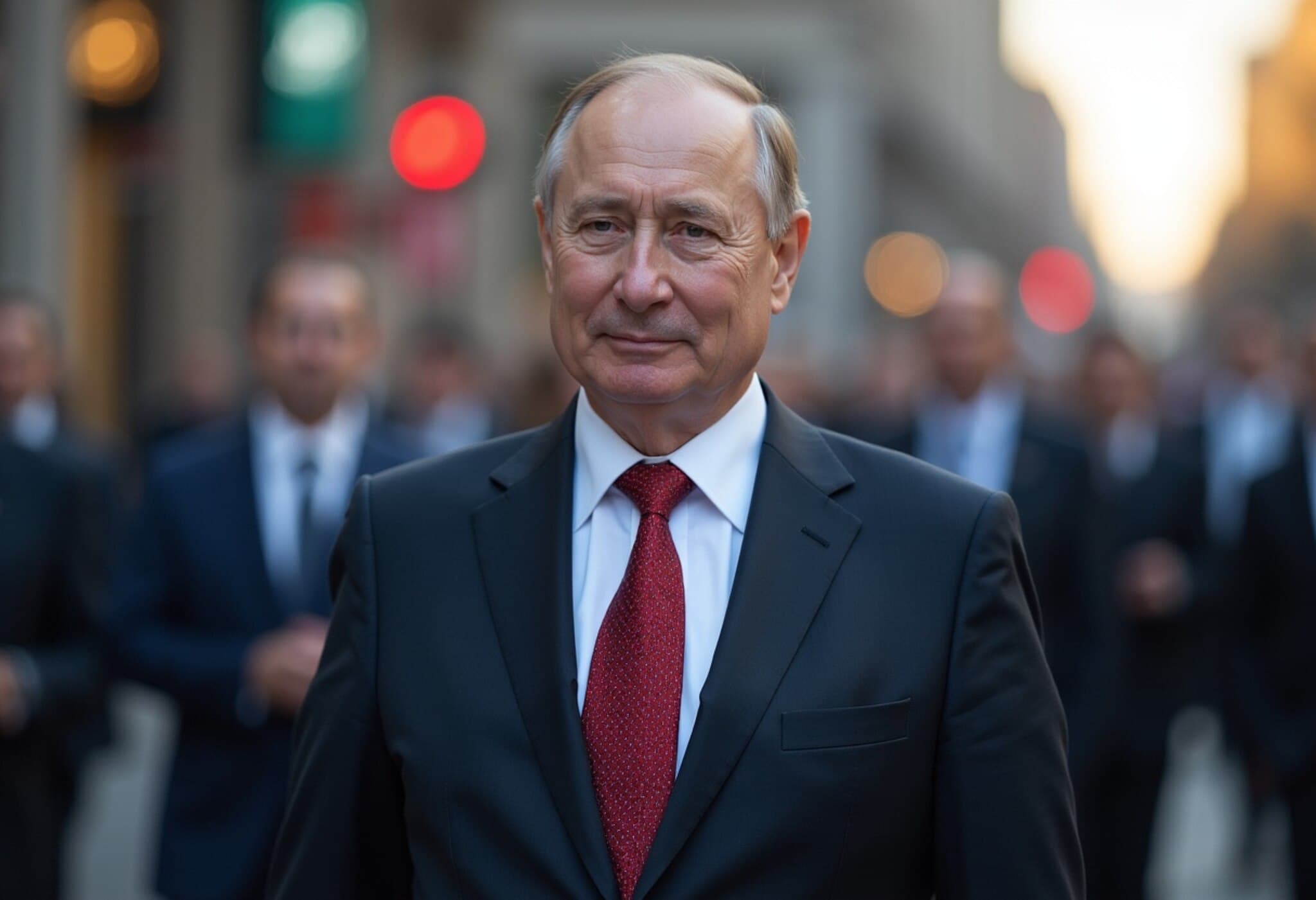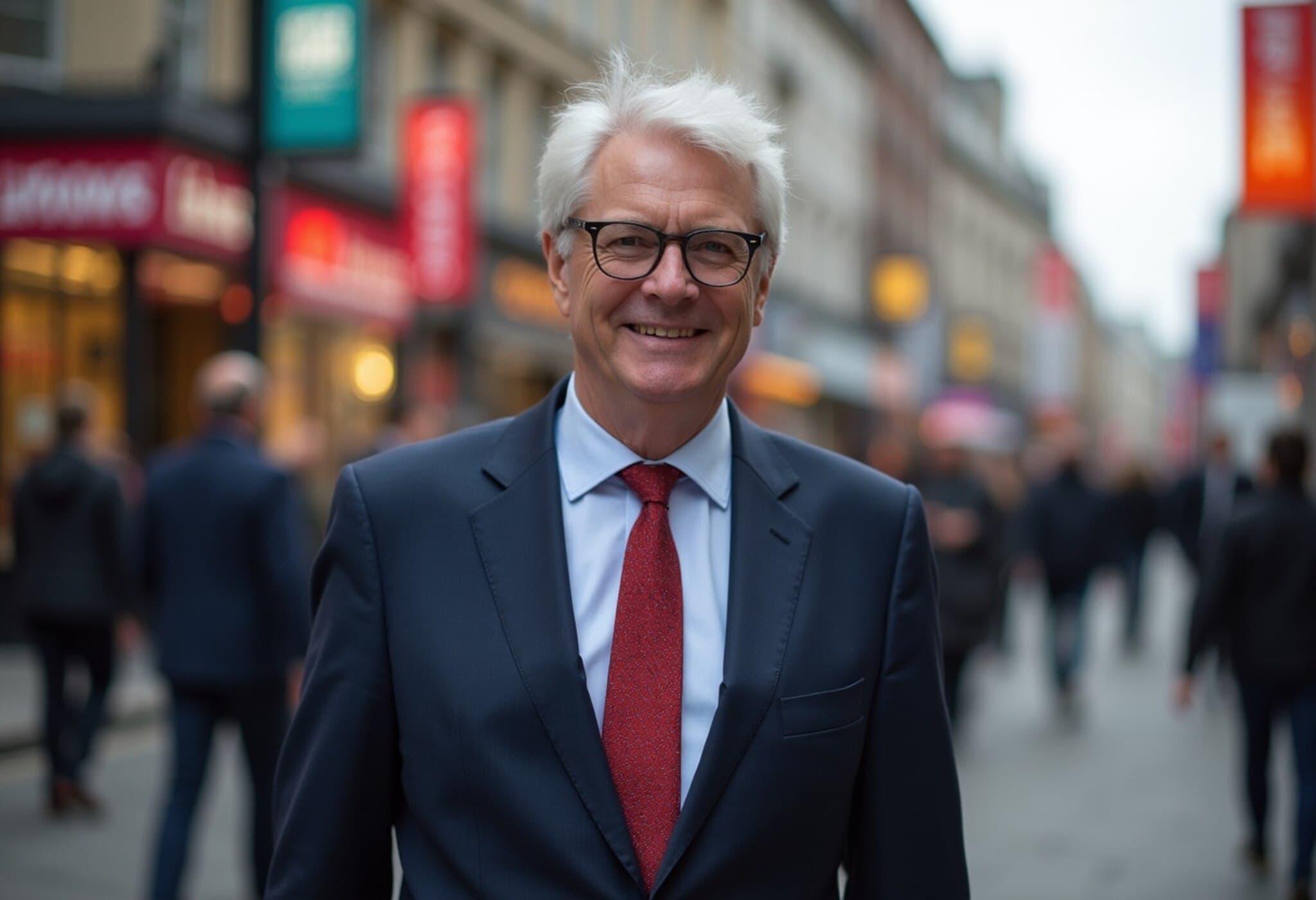Yulia Svyrydenko: Charting a New Course for Ukraine’s Future
In a landmark move signaling continuity and resilience amid ongoing conflict, Ukrainian President Volodymyr Zelenskyy has appointed Yulia Svyrydenko as the country’s next Prime Minister on July 14, 2025. At just 39 years old, she steps into one of the most demanding leadership roles during a time when Ukraine confronts its greatest geopolitical challenge in decades.
From Local Roots to National Leadership
Svyrydenko's rise is both dramatic and emblematic of Ukraine’s evolving political landscape. Born in Chernihiv in 1985, she grew up during the tumultuous post-Soviet transition. Her early career saw her bridge economic opportunities between Ukraine and China, notably helping steer substantial foreign direct investment to her home region—upwards of $340 million, invigorating local economies amid national uncertainty.
Her early appointments within Chernihiv’s regional government, including First Deputy Governor, laid the groundwork for her expertise in economic development and public administration. This grassroots foundation is critical in understanding her leadership style: pragmatic, negotiation-savvy, and focused on tangible outcomes.
Steering Ukraine’s Economy Through War
Before being named Prime Minister, Svyrydenko served as Ukraine’s First Deputy Prime Minister and Minister of Economy. Her tenure has been marked by navigating unprecedented duress, including direct negotiations with the Trump administration on intricate economic and defense matters.
- Strategic Negotiator: She led sensitive talks on rare earth elements with the United States, balancing national sovereignty with international partnership—a feat that averted what many feared could have been an exploitative agreement.
- Defense Industry Leadership: Under her watch, Ukraine accelerated its defense-industrial capacity, especially in high-tech fields like military drones and remote warfare, enabling greater resilience against Russian aggression.
- International Cooperation: Svyrydenko's role extends beyond economics; she has been instrumental in positioning Ukraine for post-war recovery, building bridges with European allies to orchestrate reconstruction efforts vital to Ukraine’s long-term stability.
Why Svyrydenko’s Appointment Matters
Her ascension marks only the second time a woman has held the Prime Minister’s office in Ukraine, following the trailblazing tenure of Yulia Tymoshenko. More importantly, it symbolizes a generational shift. Svyrydenko’s leadership encapsulates a new wave of Ukrainian politicians deeply intertwined with economic reform, international diplomacy, and the harsh realities of wartime governance.
Observers note that her blend of economic acumen and diplomatic tenacity will be critical as Ukraine navigates reconstruction, continues to defend its sovereignty, and seeks sustainable partnerships worldwide. Her ability to negotiate complex deals and secure investment underscores a strategic vision to anchor Ukraine’s future in economic independence and international cooperation.
Expert Insights
Former Ukrainian Economy Minister Tymofiy Mylovanov praised Svyrydenko as the "key and only person leading the rare earth negotiations," highlighting her unique skill in preventing the talks from collapsing under pressure. This showcases her resilience and diplomatic finesse — essential qualities for leading a nation at war.
Moreover, her work underscores an underreported yet critical dimension of Ukraine’s defense strategy: the economic and industrial backbone that sustains frontline capabilities. As wars are increasingly won not just on battlefields but through technological and economic innovation, leaders like Svyrydenko play a pivotal role behind the scenes.
Looking Ahead: Challenges and Opportunities
While Svyrydenko’s premiership heralds hope, Ukraine faces formidable hurdles. Sustaining foreign investment amid conflict, managing inflation, war damages, and preparing for large-scale reconstruction are just the beginning. How she leverages international goodwill and balances domestic needs with geopolitical pressures will define her legacy.
Her story — from a local economist growing a region’s economy to prime minister during wartime — epitomizes Ukraine’s resilience and determination. As she assumes the nation’s top administrative post, all eyes turn to how her leadership could steer Ukraine from crisis toward recovery.
Editor’s Note
Yulia Svyrydenko’s ascent offers a compelling narrative of a new generation of Ukrainian leadership, blending economic savvy with diplomatic pragmatism. Her role underscores the often overshadowed importance of economic strategy in wartime governance. For readers and policymakers alike, her premiership raises critical questions: How can war-torn nations balance sovereignty with necessary international cooperation? And what does economic resilience look like in a world where geopolitics and security intertwine more deeply than ever? Watching Svyrydenko’s policies unfold promises key lessons not just for Ukraine, but for global governance amid rising international tensions.










